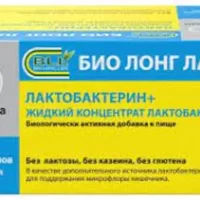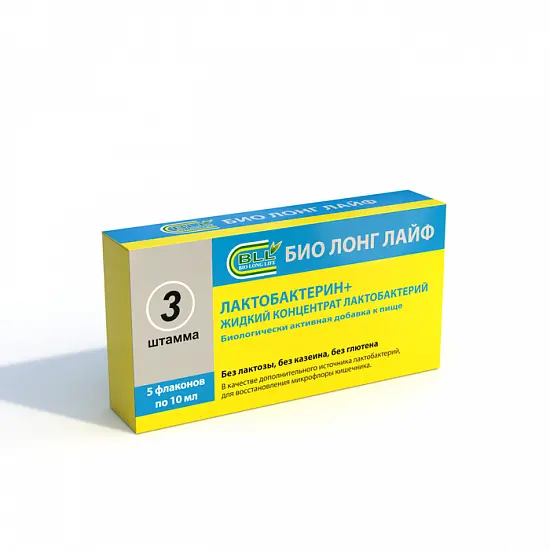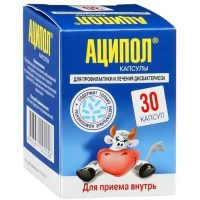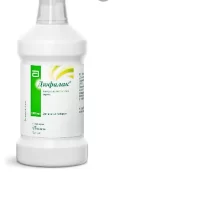Description
Famotidine Pharmacodynamics
III generation H2-histamine receptor blocker. Suppresses basal and histamine, gastrin and acetylcholine stimulated production of hydrochloric acid.
Reduces the activity of pepsin. Enhances protective mechanisms of the gastric mucosa and promotes healing of gastric lesions associated with exposure to hydrochloric acid (including cessation of gastrointestinal bleeding and scarring of stress ulcers) by increasing gastric mucus formation, glycoprotein content in it, stimulation of gastric mucosa hydrocarbonate secretion, endogenous prostaglandin synthesis in it and regeneration rate. It does not significantly change the plasma concentration of gastrin. It weakly inhibits cytochrome P450 oxidase system in the liver. After oral administration the action begins after 1 hour and reaches a maximum within 3 hours. The duration of action of the drug in a single dose depends on the dose and varies from 12 to 24 hours.
Indications
12-Gastric and peptic ulcer in the acute phase, prevention of relapses.
Treatment and prevention of symptomatic ulcers of the stomach and duodenum (associated with nonsteroidal anti-inflammatory drugs, stress ulcers, postoperative ulcers).
Erosive gastroduodenitis.
Functional dyspepsia associated with increased secretory function of the stomach.
Reflux esophagitis.
Zollinger-Ellison syndrome.
Prevention of recurrent bleeding from the upper gastrointestinal tract.
Prevention of aspiration of gastric juice during general anesthesia (Mendelson syndrome).
Contraindications
Pregnancy, lactation, liver failure, childhood, hypersensitivity to the components of the drug. Lactose intolerance, lactase deficiency or glucose-galactase malabsorption.
With caution:
Liver cirrhosis with a history of portosystemic encephalopathy, renal failure.
Dosage and administration
- Inside.
- In gastric and 12 duodenal ulcer in acute phase, symptomatic ulcers, erosive gastroduodenitis, usually 20 mg 2 times per day or 40 mg once per day at bedtime. If necessary, daily dose may be increased to 80-160 mg. The course of treatment is 4-8 weeks. In dyspepsia associated with increased secretory function of the stomach, 20 mg 1 to 2 times a day is prescribed.
- In order to prevent recurrence of peptic ulcer, it is prescribed 20 mg once a day before going to bed.
- In reflux esophagitis, 20-40 mg twice daily for 6-12 weeks.
- In Zollinger-Ellison syndrome, the drug dose and the duration of treatment are set individually. The initial dose is usually 20 mg every 6 hours and may be increased to 160 mg every 6 hours.
- For prevention of aspiration of gastric juice during general anesthesia, 40 mg is prescribed in the evening and/or in the morning before surgery. Famotidine tablets should be swallowed without chewing, with plenty of water.
- In renal failure, if creatinine clearance is less than 30 ml/min or serum creatinine content is more than 3 mg/100 ml, the daily dose of the drug should be reduced to 20 mg.





